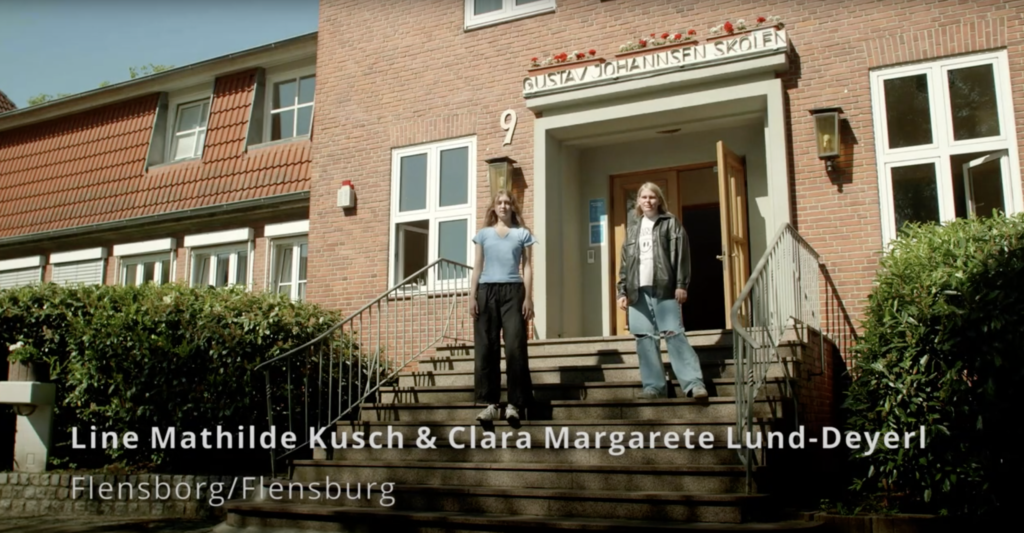Next AT:
LANDTAG SCHLESWIG-Holstein
FROM 22.9.22
Danish minority
The old Duchy of Schleswig was a region with many languages. During the 19th century, its Danish and German inhabitants became embroiled in an international conflict that sometimes erupted in warfare between their two “motherlands” over the definition of borders in the region. The 1920 referendum in Schleswig, and the Bonn-Copenhagen Declarations of 1955 between the Federal Republic of Germany and Denmark laid the foundations for peaceful development. Since then, German has enjoyed comprehensive minority protection on the Danish side of the border, and Danish on the German. Danish minority in Schleswig-Holstein today is an indispensable participant in politics, culture, education, and social affairs. As a modern “minority by affirmation”, it is open to all who feel they belong to it and wish to contribute actively to cooperation. The aim is to enable its members to lead a Danish life “from cradle to grave”.

Play Video
“Being a third thing”
Biculturality is a self-evident fact of life today for members of the autochthonous minorities in Germany. As a constant, however, it is also constantly being called into question, and it can become an emotional challenge and a spur for debate in the minority groups, for it harbours questions of belonging as well as people’s views of their own identity. Answers here differ from individual to individual, partly shaped by generations’ different lifeworlds and biographical experiences.
Line and Clara are pupils at the Gustav Johannsen Skole in Flensburg, and are participants in the “Sydslesvig Crew”, a project that children in Years 7-10 of the minority community schools can opt into as a elective subject. . The two girls talk about their feelings of belonging to the Danish minority, their bilingualism and their life within two cultures.

